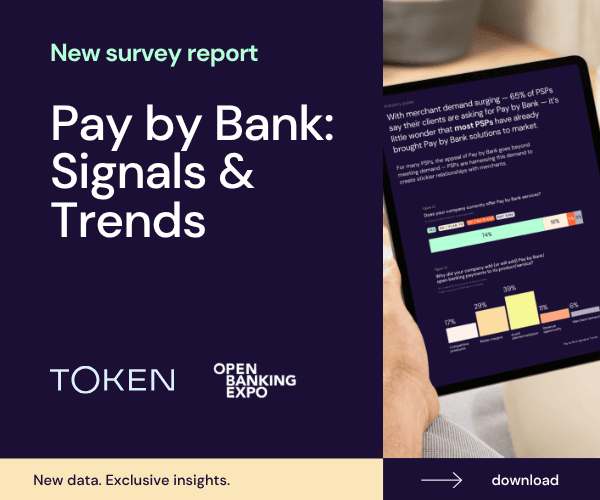The first Powerhouse Debate of the inaugural Open Banking Expo USA saw leading voices from fintech, consumer advocacy, and financial institutions come together under the moderation of Eyal Sivan, general manager of North America at Ozone API.
The debate, titled ‘The New Era of Open Banking in the United States’, addressed the political upheaval and legal wrangling surrounding Section 1033 of the Dodd-Frank Act – the Personal Financial Data Rights Rule – released by the Consumer Financial Protection Bureau (CFPB) in October 2024.
The regulation, a landmark effort to formalise consumer-permissioned data access and create a standardised Open Banking framework in the US, now finds itself mired in legal challenges and political uncertainty.
Dan Murphy, former Open Banking program manager at the CFPB and now founder of Sunset Park Advisory, told delegates: “The rule was really the culmination of a multi-year, rigorous rulemaking process that actually spanned five separate public comment periods over multiple administrations.
“This was a rule that had been supported and actually even started in some ways during the first Trump administration with the issuance of an advance notice proposed rulemaking.”
Adam Rust, director of financial services at the Consumer Federation of America, called the rule “a firewall for financial data” and a necessary update to outdated privacy protections.
“The Consumer Federation of America has supported 1033 consistently. It’s an important step in addressing how our economy is evolving. Increasingly, data is about money,” Rust said.
Ozone API’s Sivan said: “Given its size and diversity, the US financial ecosystem is unique in the world – over 10,000 financial institutions. It has an extremely long tail, and many non-bank institutions, such as, of course, credit unions, who don’t necessarily see Section 1033 as wholly positive, at least in its current form.”
Andrew Morris, director of innovation and technology at America’s Credit Unions, said: “Generally, credit unions that are on the larger side… are already thinking about Open Banking.
“This is something that they see on the horizon as driving consumer decisions in the financial marketplace. Data portability is important.”
While acknowledging credit unions’ general support for data portability and secure APIs, he cited concerns around liability allocation and the cost burden of compliance, particularly for smaller institutions.
Angelena Bradfield, head of policy at the Financial Technology Association (FTA), noted that FTA’s members – ranging from data aggregators to fintech service providers – strongly support regulated Open Banking.
“One of the things that’s really important as we think about the future here is that where there is a rulemaking, it’s one that’s durable. It’s one that’s not continually caught up in the courts as we move forward, so that the industry, broadly, can move forward,” she added.
“I know from an FTA perspective, we are so supportive of both Open Banking and Open Finance.”
Jacob Parker, chief executive officer of Fiskil, discussed Australia’s Consumer Data Right (CDR) to provide international context.
“One thing they [in Australia] did very well was clear data privacy principles around data retention, and really sets the standards for both banks and consumers to note how the data is being used or stored,” he said.
He warned that abandoning a unified federal approach could lead to a fragmented patchwork of state-level rules – a costly outcome for both banks and fintechs. Of a “state-by-state” approach, Fiskil said “it’s not a policy that works well”.
The panel closed with reflections on what an enduring Open Banking regulation should include, such as clear consumer data rights with strong consent mechanisms, provisions for liability sharing and onboarding scalability, and a level playing field across banks and fintechs.
There was optimism among stakeholders that Open Banking in the US will emerge stronger from this challenge, though perhaps on a longer timeline than once hoped.





